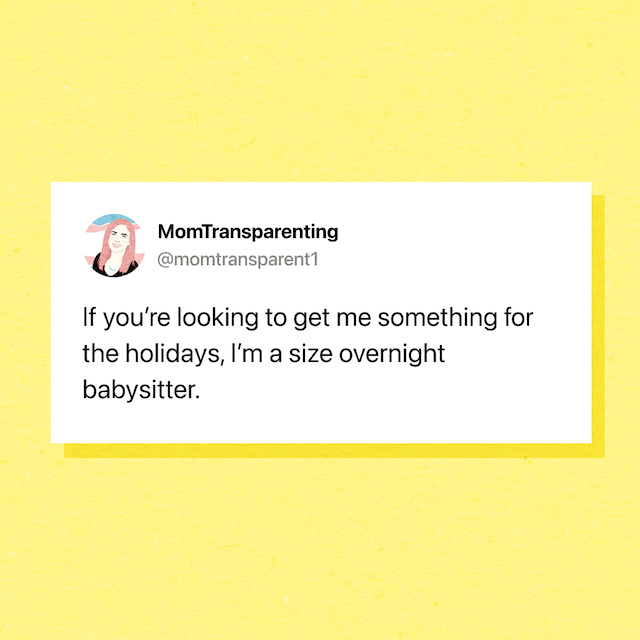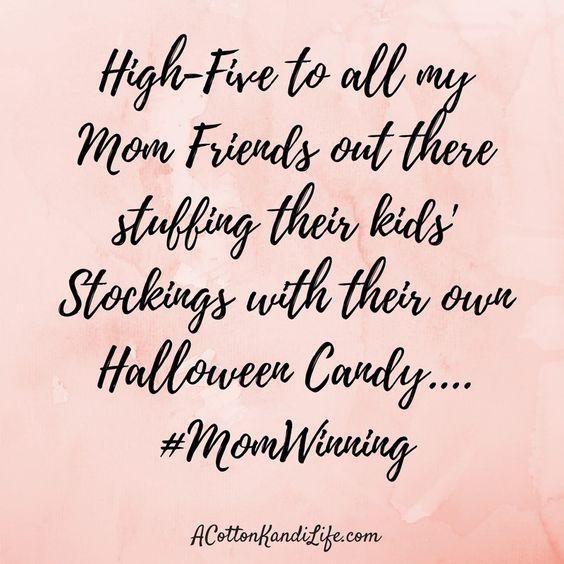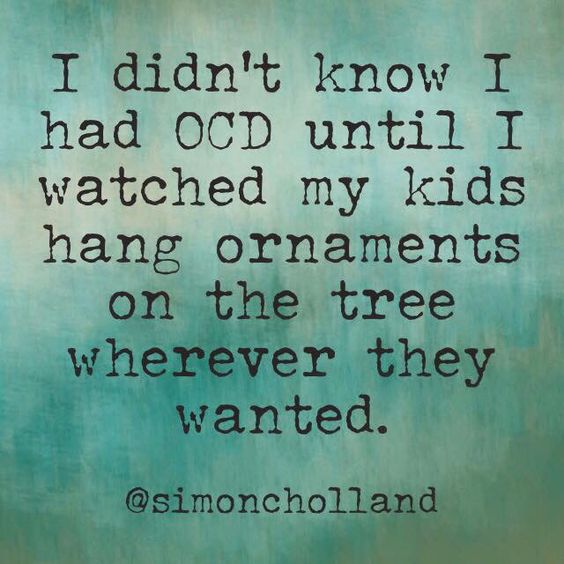
I have a theory that cupcakes are a form of feminine oppression. No joke. Allow me to explain.
Your cupcakes for the second grade class are due to the teacher Monday at 8 a.m. sharp. You remember on Sunday around 5 p.m.. You freeze — and then visions from Pinterest begin to dance in your head. You know what I mean: the perfect cupcakes, the ones with the frosting piped on and the delicately drizzled decorations…
For those of you who spark joy from Pinterest-perfect cupcakes and can pull it off, I applaud you. I know you are out there. But for those of us mere mortal moms, I say… free yourselves! You see, to my way of thinking, Pinterest-perfect cupcakes lack an essential ingredient. They’re missing the OOPS.
Oops cupcakes have uneven, spattered batter and frosting that was smooshed on with a dinner knife and probably have a few finger pokes around the outside edges. Maybe a few even landed on the floor (frosting side down, naturally). Oops cupcakes are a form of freedom—freedom from a world where the image of perfection doesn’t allow for the beauty that is a mistake. Beauty that comes naturally and unintentionally. Beauty that comes from an oops.
In my work as the founder of Bay Area Children’s Theatre and mom of three (2, 6 and 9), I have found that creativity thrives when kids (and parents) are allowed the freedom to learn and discover on their own. Yes, they need adult guidance, but they also deserve an opportunity to make a mess and make a giant mistake.
“Living in the Oops” is accepting that if our job as parents is to train these small people to one day leap into life as fully formed adults, we must not only allow for mistakes, we must model mistakes and CELEBRATE mistakes.
In a theatre class, kids are asked to embark on a rehearsal experience where mistakes are a natural part of the process. No child will remember every dance step, every word of the song and the blocking all at the same moment. They have to learn each of those elements incrementally and as they are learning, mistakes are expected. What a powerful learning tool!
The permission to make repeated mistakes allows them to move towards proficiency.
At my house, we don’t usually have anything that resembles perfect. My boys like to cook dinner on their own occasionally. I assure you, these dinners are not pinned by anyone on Pinterest, but nonetheless, those two serve their scrambled eggs and over-steamed broccoli beaming with pride. My toddler is pretty sure that frosting is actually a versatile art supply.
And, right now, the infamous California missions school project has taken over an entire room of my house with LEGOs. My nine-year old has no idea how to build a LEGO model of a mission, but he’s going to try, and I applaud his can-do approach. There will be mistakes, there will be frustration, but he will persevere and I’m not going to tell him to clean up the LEGOS—even if I step on them with bare feet in the middle of the night.
5 Ways You Can Live More Freely in the Land of Oops
1. Celebrate mistakes . Make a silly dance, turn on music, throw confetti every time a mistake is made.
2. Tolerate a level of chaos that’s right for you. When kids create, they make messes, and messes allow for the “Oops” to thrive.
3. Remember small eyes are watching . If you make a mistake, respond with laughter and positivity.
4. Create with what you have, not with what you think you need. If your kids want to build, leftover cardboard and masking tape are just as exciting as the fancy building kit
5. Share your own “Oops” stories with your kids. The best bedtime story is a true story from your childhood. Last night, I told my gang about the time that I ignored my mom, jumped on the bed anyway, and it fell through the floor. OOPS! Trust me, that story got some good laughs! (And I will never, ever have to tell my kids not to jump on the bed.)
So, back to those cupcakes. Sure, I like beautiful, perfect cupcakes. I struggle because I sometimes think of my whole life as an analogy around The Perfect Cupcake. I’m supposed to be the perfect mom, the perfect artist, the perfect boss.
The reality is, the more I strive for perfection, the more I struggle.
So, let’s revel in the sprinkles that end up on the floor, relish the blob-like sugar decorations that are supposed to be snowflakes and release ourselves from Pinterest-perfect cupcake oppression.
When we let in the Oops and celebrate the mistakes, that’s when we leap.
Nina Meehan is CEO and Founder Bay Area Children's Theatre and the host of the Creative Parenting Podcast. An internationally recognized expert in youth development through the arts, Nina nurtures innovation by fostering creative thinking. She is mom to Toby (13), Robby (10) and Meadow (5).



















































